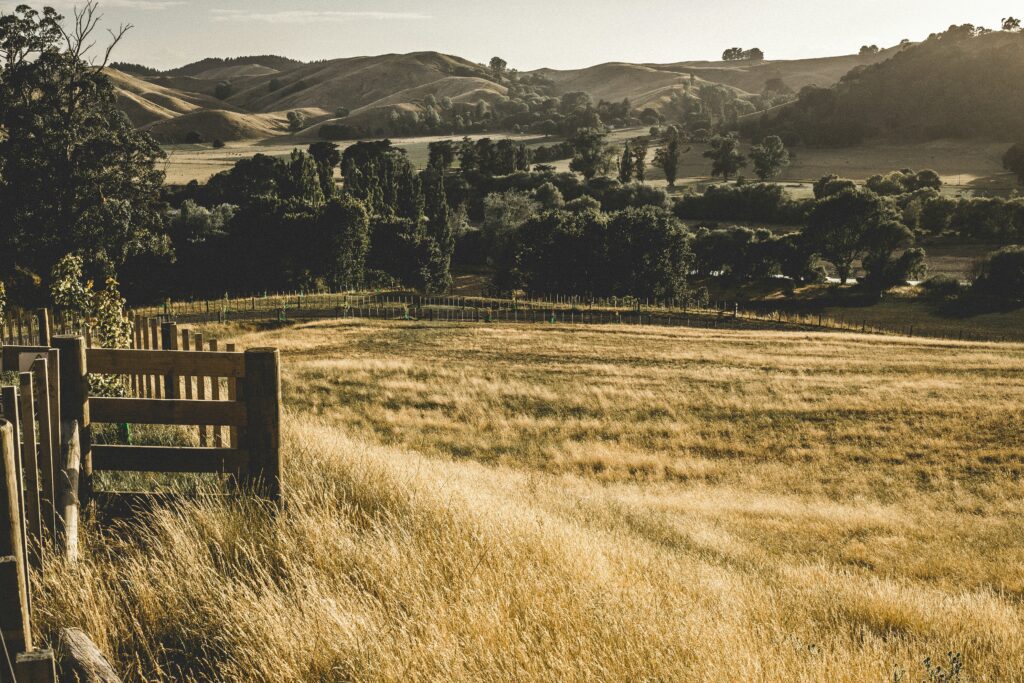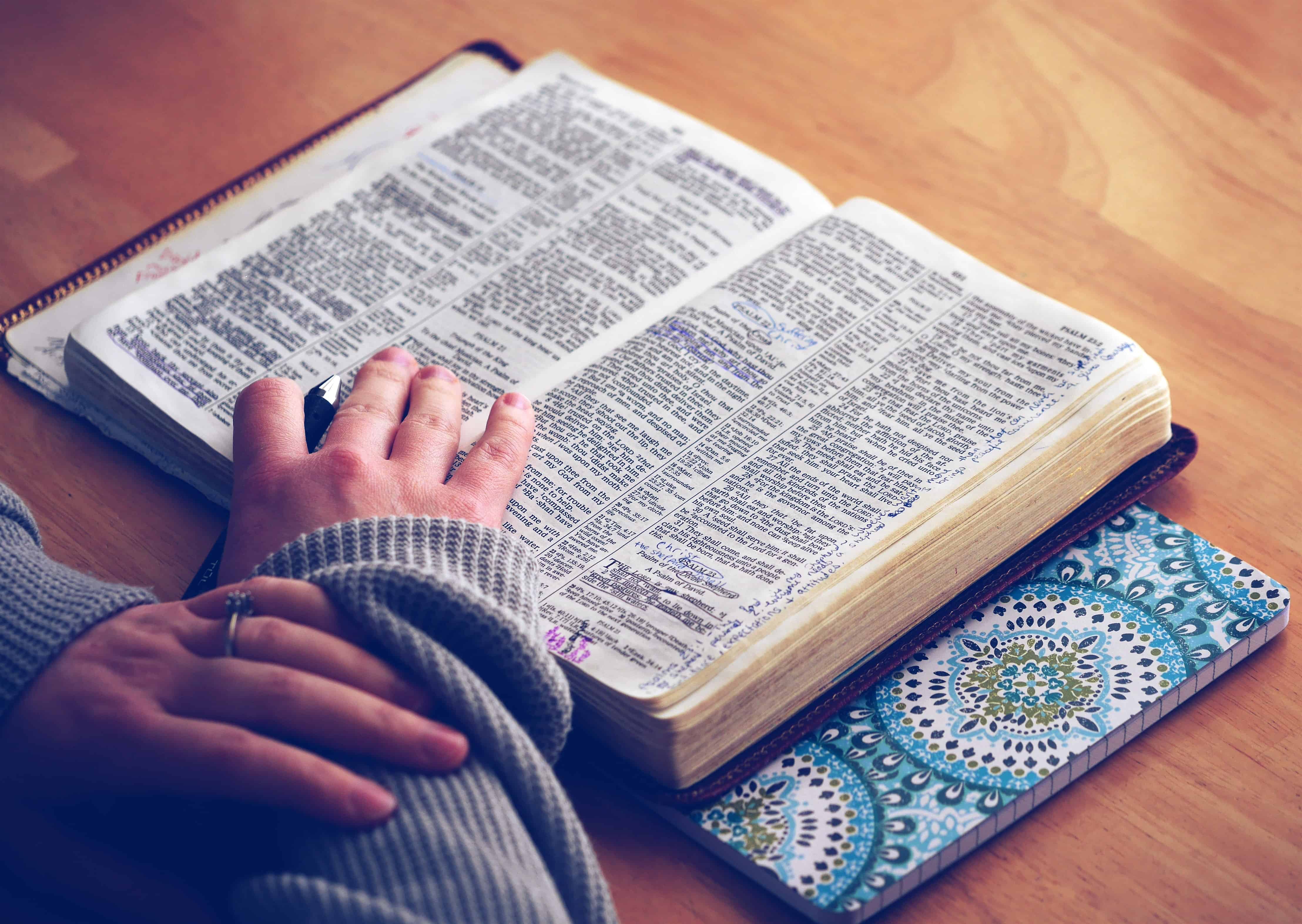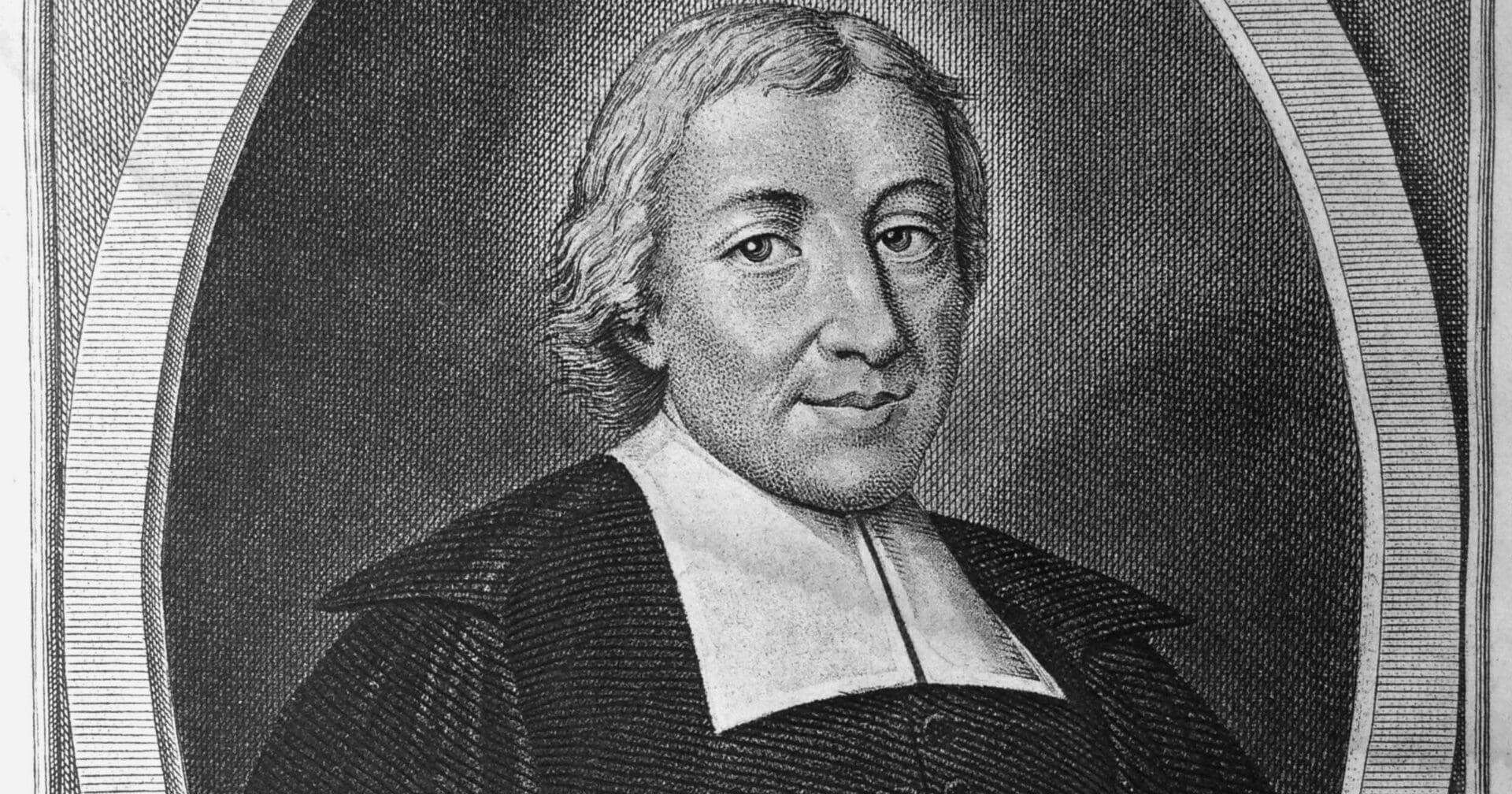
Thousands of years of salvation history were fulfilled with the Paschal Mystery of Jesus Christ. The long-awaited Messiah had come. So that’s it? Show’s over? Hardly.
The arrival of our Savior ushered in the last chapter of salvation history where all that was promised to God’s chosen people was fulfilled in his Son. His followers then embark on a new journey to share the Good News. We do not throw out the old for the new. Rather, the old provides a firm foundation on which to build the new. As Fr. Thomas Weinandy explains, “By contemplating Scripture within the living apostolic tradition, the Church grows, throughout the ages, in its understanding of what has been divinely revealed. Development of doctrine is this growth in understanding and expression of what has been revealed.” (Weinandy, Fr. Thomas, O.F.M. CAP. “What Does it Mean for Doctrine to Develop?” Catholic.com. May 2, 2020 para 20)
Some aspects of the Church have developed over the years in order to reflect greater wisdom and understanding of revealed Truth, but nothing new in the Church replaces or contradicts what came before it. Just as a parent’s rules for her children adapt as the child grows up, but the foundational basis of those rules remains the same – to help the child develop conscience and a moral compass. The expression of God’s guidance for us has also evolved over time, but the foundational Truth of those rules has not changed, nor can it. Our perfect Heavenly Father put His commandments in place not for His good, but for ours, and they are not ours to change.
God’s rules, His commands, His demands of us, can be seen as limits to our freedom, but they are quite the opposite. Those perfect fences actually expand our freedom. Playground builders found that in playgrounds designed without fences, children tended to stay near the center of the play space, close to their caregivers. In playgrounds that included fencing, though, children explored much a broader space, feeling safer and freer within the defined limits. God provides the playgrounds of our lives with similar limits – not barriers to our freedom, but defining how we can most fully explore that freedom.
Throughout history there have been grumblings that the Church must pull down those fences, must get with the times and accommodate shifting cultural mores. The parable of GK Chesterton’s fence reminds us that before we do away with a particular barrier, it is important to understand why it was put in place. Before any of us “relaxes one of the least of these commandments and teaches men so” in the name of well-meaning but misplaced compassion or progress, perhaps we need to have the humility to explore why God built those fences in the first place. Ultimately, when we put our trust in God’s design, our freedom will be fuller.
Daily Reading
Monday of the Fifth Week of Lent
Reading I Daniel 13:1-9, 15-17, 19-30, 33-62 or 13:41c-62 In Babylon there lived a man named Joakim, who married a very beautiful and God-fearing woman, Susanna, the daughter of Hilkiah;…
Saint of the Day
Saint John Baptist de La Salle
Saint Jean-Baptiste de La Salle (1651-1719) was a priest, educational reformer, and founder of Institute of the Brothers of the Christian Schools. He is a the patron saint of teachers. He is considered the founder of the first Catholic schools.
The post Saint John Baptist de La Salle appeared first on uCatholic.



